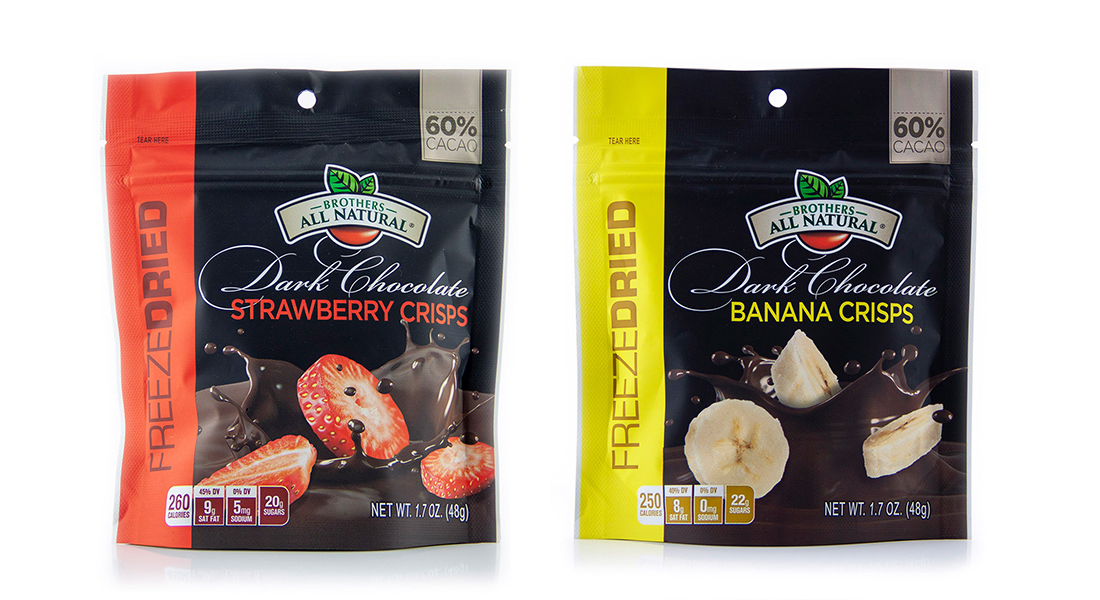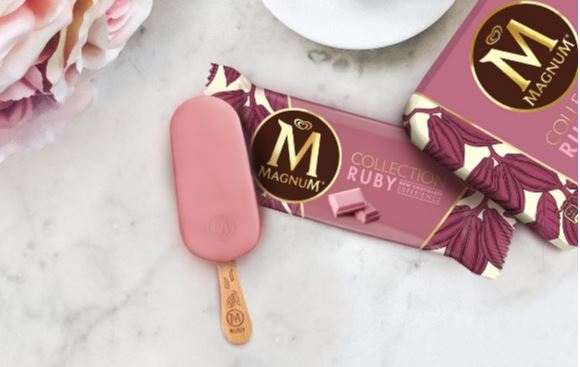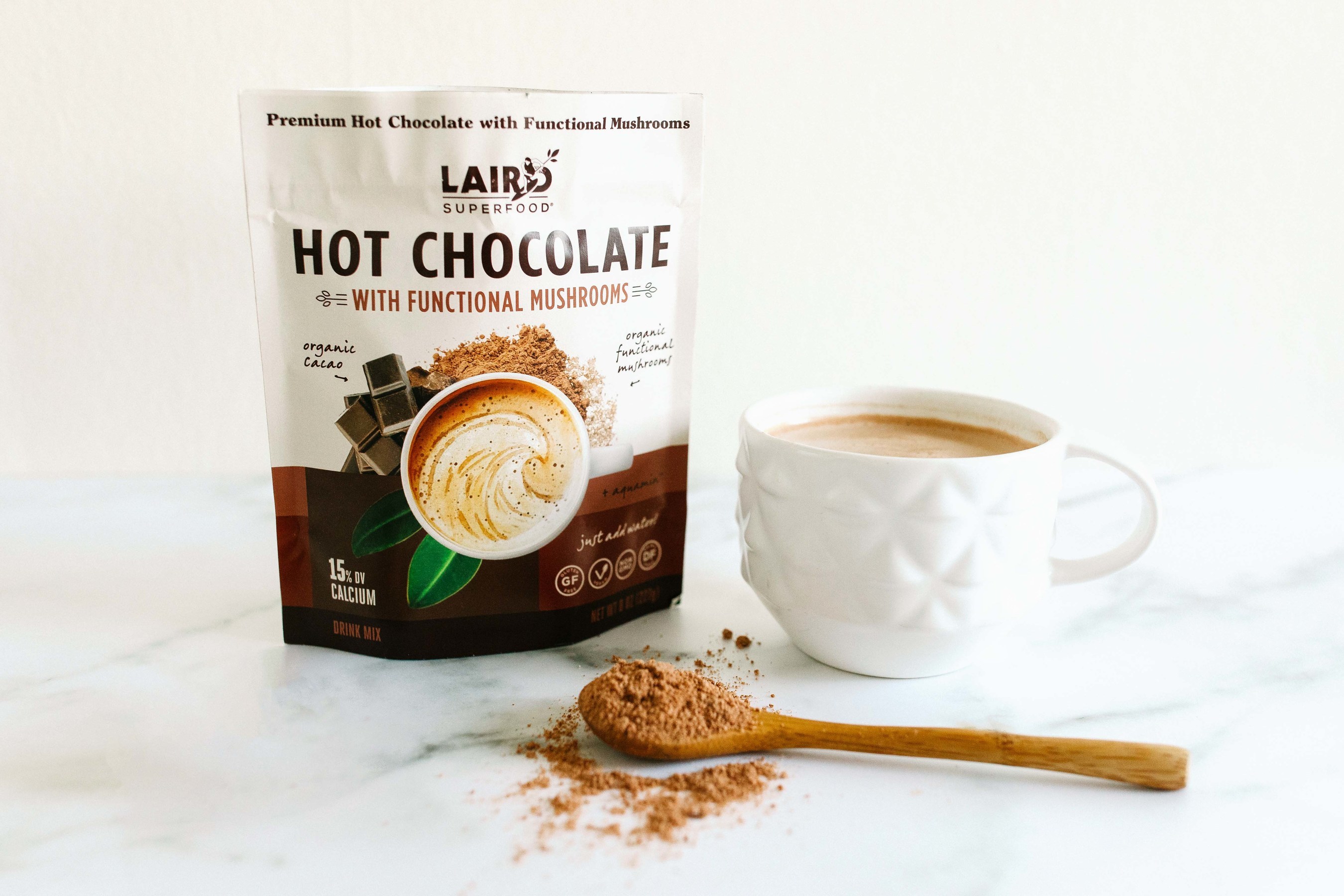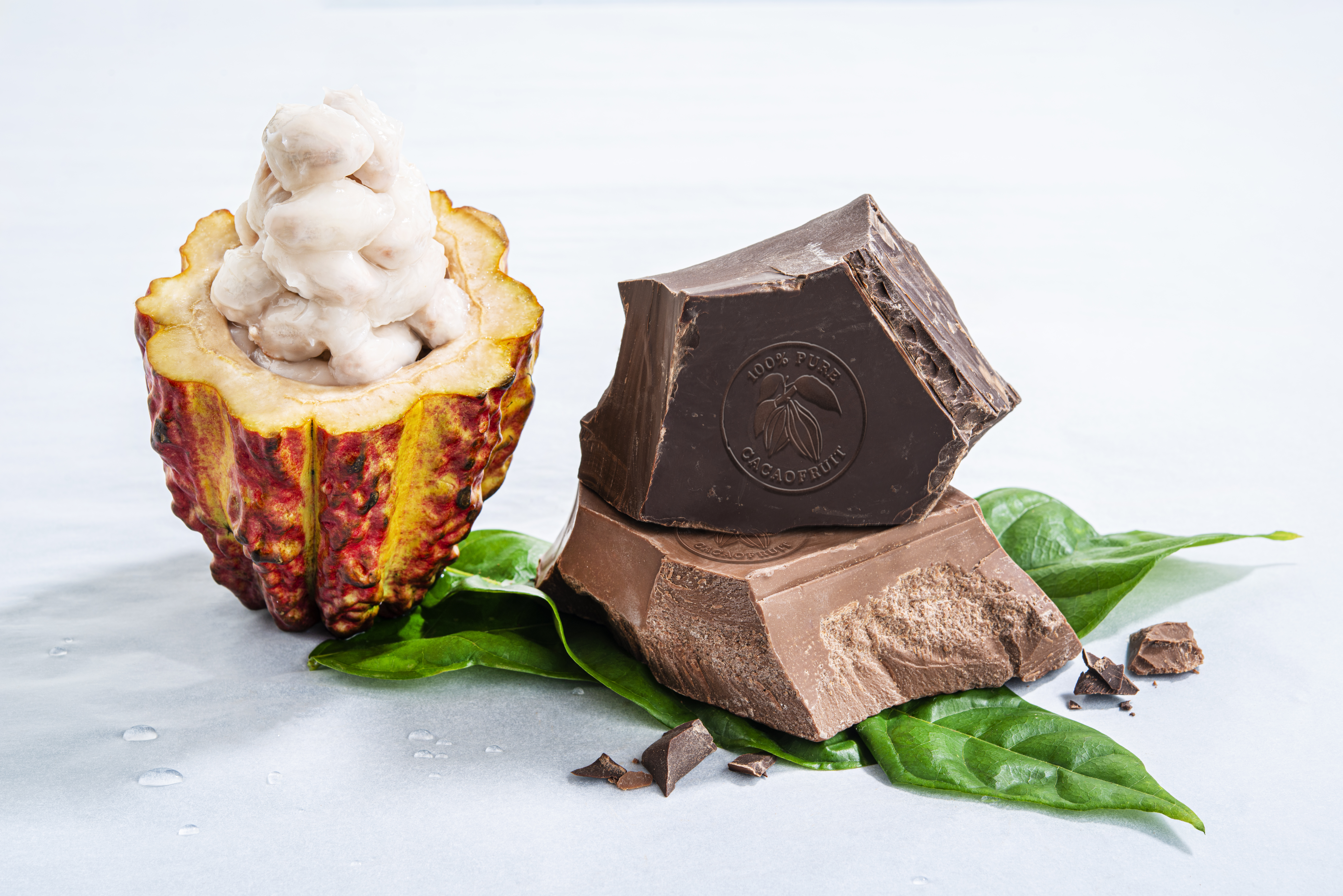National Chocolate Day, which occurs every year on October 28, pays tribute to one of the most popular sugary treats. Chocolate can enhance a dessert or satisfy any sweet craving — so much so that Americans spent $22 billion on chocolate in 2018, up one percent from the year prior.
Not only does chocolate continue to prove itself as a money-making snack, but no other sweet treat has survived the healthy eating movement as well as it has. And with Halloween right around the corner, chocolate sales show no sign of slowing down. The pandemic has already boosted the sales of guilty pleasure foods and with the festive season approaching, chocolate is sure to be the star of many decadent desserts and cheat meals.
Once chocolate makers bounce back from a decline in sales brought on by the pandemic, their growth prospects will be tempting to chocolate lovers and investors alike. What better way to honor chocolate on its special day than to look at the top three chocolate companies of 2020?
The Hershey Company
Controlling around 45 percent of the domestic chocolate in the US, which is worth nearly $25 billion, confectionary giant Hershey owns more than 80 brands, including the iconic Hershey brand, Reese’s and Kisses. Although Hershey sells products internationally, 90 percent of its sales are domestic.
Since lockdowns and social distancing mandates, fewer trips to convenience stores have led to a decline in some core domestic sales. However, the holiday season, a historically lucrative time for Hershey, is likely to be less impacted by the pandemic-led decline in sales.
Nestlé
As the world’s largest food and beverage manufacturer, it’s no wonder Nestlé has a spot on the top three list. Its portfolio includes brands like Aero, KitKat, Smarties and Coffee Crisp, among a slew of other non-chocolate brands that have helped it amass a staggering $98 billion in annual revenue.
While Nestlé continues to face competition from smaller, more agile entrants in the confectionery world, its marketing, research and development, customer loyalty and spending capabilities guarantee its products will always keep up with consumer trends and remain easily accessible to consumers, no matter where they shop.
Mondelēz International
As the owner of Oreo, Chips Ahoy and Cadbury, Mondelēz controls around 44 percent of biscuit sales and 32 percent of chocolate sales in the US. The chocolate and snack behemoth has developed strong retail relationships and has a vast array of resources to support its impressive brand portfolio, both of which help drive retail sales.
Unlike The Hershey Company, Mondelēz derives three-quarters of its sales from outside of North America and has an extensive global network. The company continues to innovate in the chocolate world, launching its Cadbury Dairy Milk chocolate with 30 percent less sugar in India last summer.
Ever since the invention of a hydraulic press that separated cocoa butter from the cocoa bean — which led to the first chocolate confections in 1828 — chocolate has endured the test of time and remains a consumer favorite snack, not only in the US but around the world.










Join or login to leave a comment
JOIN LOGIN